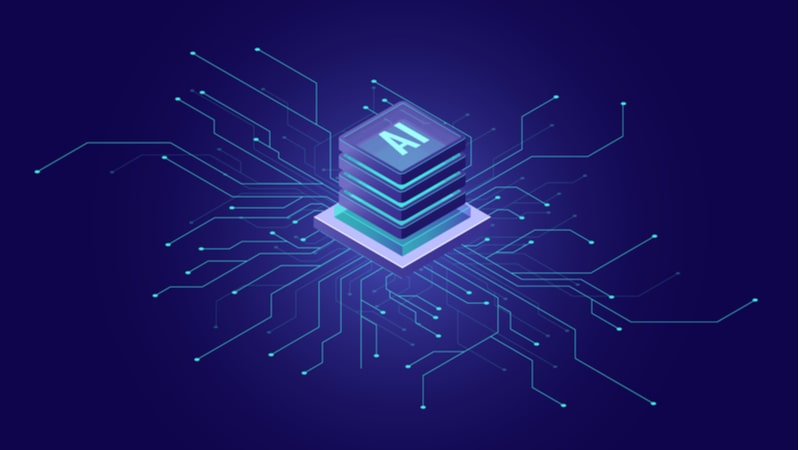
Government mission partners are investing billions of dollars in research and development on artificial intelligence (AI), and those investments will dramatically improve their ability – and their agency customers’ ability – to make informed decisions, conserve budget dollars, and deploy workers more efficiently, government technology solution providers noted at NVIDIA’s recent Developer Conference.
“Moore’s law is going to get its butt kicked a little bit,” said Bob Venero, founder and CEO of Future Tech. “We’re going to start to see some really amazing things, especially where [AI] can protect our nation.”
From a business standpoint, AI is critical because it will help people visualize and contextualize information for more efficient and effective decision making, said John Russell, vice president and chief information officer at Northrop Grumman Corp.
“AI will allow us to really start to take advantage and understand the micro-transactions that we have across the business … to allow the data to accelerate our ability to make more informed decisions,” Russell said.
AI can also make independent decisions, particularly in situations where the same kind of information is processed over and over again – information that does not need human attention. As a result, people are freed from dull, repetitive tasks so they can focus on higher-value activities. “And that’s what we should aspire to be doing,” Venero said.
For example, one company used AI to create customer engagement letters, Russell noted. Armed with baseline context to understand the company’s business and its clients, the AI developed the letters, which account representatives refined. “The feedback has been phenomenal,” Russell reported. “It has improved their engagement tremendously.”

The applications of AI to improve efficiency – and thus reduce costs – are almost limitless. “[AI] has the ability to take costs out of the environment – costs that are labor intensive, costs that are risk intensive. There are so many different areas where you can become more efficient,” Venero observed.
Applied to the factory floor, for example, AI can predict when machinery will fail, enabling people to take proactive action that eliminates downtime. “You increase your throughput, increase your quality, and everybody’s happy,” Russell noted.
Privacy and security protections are essential for organizations embracing AI, Venero and Russell agreed. Industry and government are working to develop standards for responsible use, and at Northrop Grumman, a chief data officer provides governance and accountability, Russell said.
Ensuring data privacy also requires data security – which can be a particular challenge given the large volumes of data that AI must ingest and analyze.
“That threat vector is going to increase as you increase your footprint,” Venero said. “But I think that … we have the capabilities to create a fence around the risks associated with it.”
